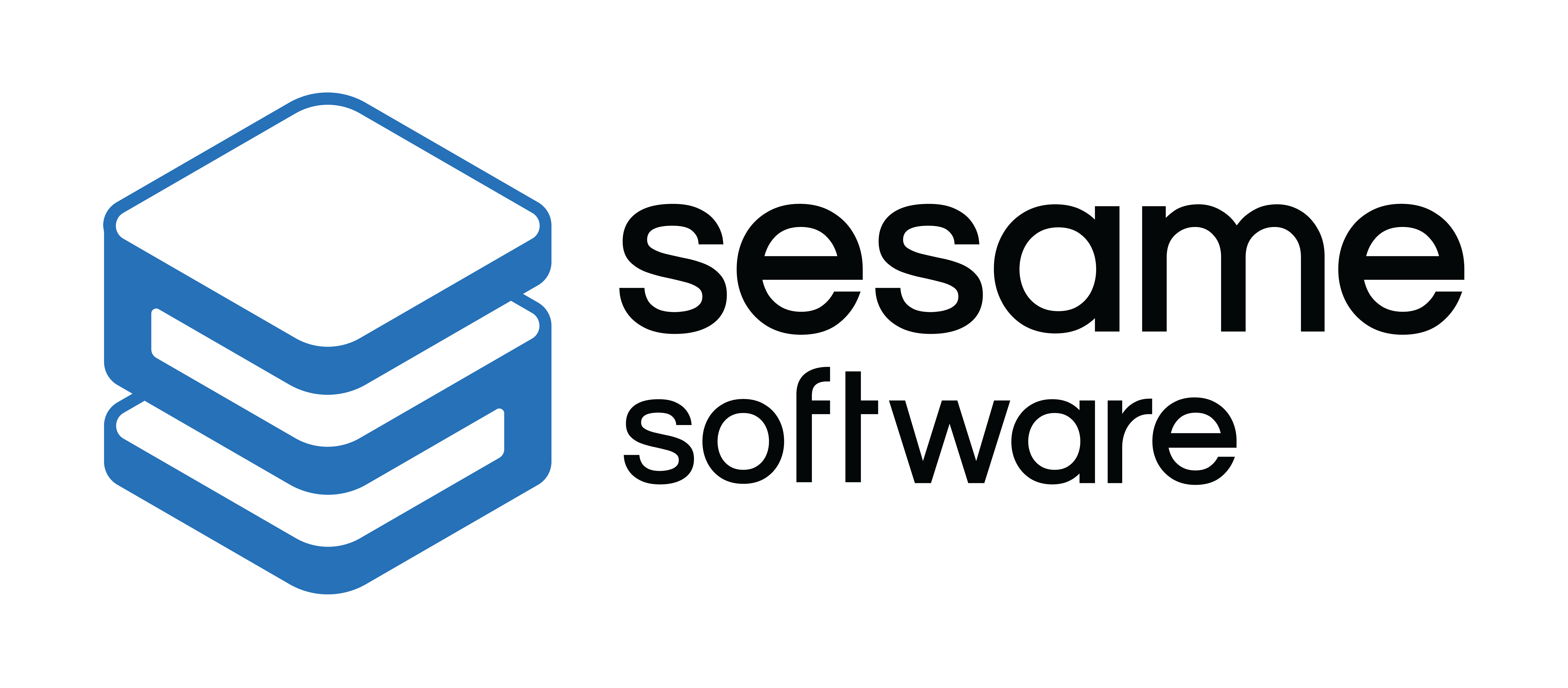Effective Tools for Modern Data Management
- Aug 22, 2025
- 3 min read
Updated: Aug 26, 2025
In today’s fast-paced digital world, managing data effectively is no longer optional. It’s essential. The sheer volume of information flowing through organizations demands tools that not only handle data but also simplify it. We’ve seen firsthand how the right tools can transform chaos into clarity. When you take control of your data, you unlock new opportunities for growth, efficiency, and insight.
Choosing the Right Data Management Tools
Selecting the right tools is like picking the perfect set of keys for a complex lock. You want something robust yet easy to use. The market offers a variety of solutions, but not all are created equal. The best tools combine power with simplicity, allowing you to focus on what matters most - making data work for you.
Here are some key features to look for:
Scalability: Can the tool grow with your business?
Integration: Does it connect smoothly with your existing systems?
User-friendly interface: Is it easy for your team to adopt?
Automation capabilities: Can it reduce manual work and errors?
Security: Does it protect your data from breaches and leaks?
For example, a cloud-based platform that integrates with your CRM and ERP systems can streamline workflows and provide a unified view of your data. This integration is crucial for decision-makers who need accurate, real-time information.

What is a data management skill?
Understanding what it means to have a data management skill is vital. It’s not just about handling data but mastering the art of organizing, storing, and analyzing it efficiently. This skill involves:
Data Governance: Setting policies and standards to ensure data quality and compliance.
Data Integration: Combining data from different sources into a coherent whole.
Data Security: Protecting sensitive information from unauthorized access.
Data Analysis: Extracting meaningful insights to support business decisions.
Developing these skills empowers teams to use tools effectively and ensures that data remains an asset, not a liability. For instance, a data manager skilled in governance can implement rules that prevent data duplication and errors, saving time and resources.

Practical Examples of Effective Tools
Let’s look at some practical examples of tools that embody these principles:
Data Integration Platforms
Tools like Apache NiFi or Talend help merge data from various sources. They automate workflows, reducing manual errors and speeding up processes.
Data Warehousing Solutions
Platforms such as Snowflake or Amazon Redshift store large volumes of data efficiently. They support complex queries and analytics, enabling faster decision-making.
Data Quality Tools
Solutions like Informatica Data Quality ensure your data is accurate and consistent. They identify and fix errors before they impact your business.
Security and Compliance Tools
Tools like Varonis or IBM Guardium monitor data access and protect against breaches, ensuring compliance with regulations like GDPR or HIPAA.
By combining these tools, you create a powerful ecosystem that simplifies data management and enhances your ability to act on insights.

How to Take Control of Your Data
Taking control of your data means more than just having tools. It requires a strategy and ongoing effort. Here’s a simple roadmap:
Assess your current data landscape: Identify where your data lives and how it flows.
Define clear goals: What do you want to achieve with your data? Better reporting? Faster insights? Improved security?
Choose tools that fit your needs: Prioritize ease of use and integration.
Train your team: Ensure everyone understands how to use the tools and follow best practices.
Monitor and refine: Regularly review your processes and tools to adapt to changing needs.
Remember, the goal is to make data management straightforward and effective. When you take control of your data, you reduce risks and open doors to innovation.
Empowering Your Enterprise with Clear Data Insights
The ultimate benefit of using effective data management tools is clarity. When your data is organized, secure, and accessible, you gain a cohesive view of your business. This clarity supports better decisions, faster responses, and stronger competitive advantage.
If you want to explore how to implement these solutions in your organization, consider visiting Sesame Software’s use cases for real-world examples and insights.
By investing in the right tools and skills, you’re not just managing data - you’re mastering it. This mastery is the foundation for sustainable growth and success in a data-driven world. Take control of your data today and watch your enterprise thrive.



